The haunting choir of Halo echoes through canyon walls as Master Chief prepares for battle. The pulsing electronic beats of Hotline Miami synchronize perfectly with on-screen violence. A lone piano melody in NieR: Automata brings players to tears amidst android existentialism. This is the power of video game music in the digital age - no longer mere background noise, but emotional architecture shaping interactive experiences.
Where game soundtracks once consisted of simple 8-bit loops constrained by technical limitations, modern compositions rival Hollywood film scores in their complexity and emotional impact. The evolution stems from both technological advancement and changing cultural perceptions. As games matured as an artistic medium, so too did their musical accompaniment. Today's game composers blend orchestral traditions with electronic experimentation, creating soundscapes as diverse as the virtual worlds they enhance.
Technological liberation has been the greatest catalyst for this musical renaissance. The transition from cartridge-based sound chips to CD-quality audio allowed for richer compositions. With the PlayStation era, games could suddenly feature full orchestral recordings rather than synthesized approximations. Modern development tools give composers unprecedented control over dynamic music systems that respond to player actions in real-time. A battle theme might seamlessly intensify as enemies swarm, or environmental music might shift subtly with day/night cycles.
This interactivity represents gaming's unique contribution to musical storytelling. Unlike passive film scores, game music must adapt to unpredictable player behavior. Composers like Mick Gordon (Doom 2016) and Gareth Coker (Ori series) create layered compositions that can rearrange themselves organically based on gameplay variables. The result is music that feels alive - a responsive companion to the player's journey rather than a predetermined narrative track.
The cultural perception of game music has undergone its own transformation. Once considered disposable children's entertainment, game soundtracks now command respect at prestigious venues. The Legend of Zelda: Symphony of the Goddesses tour filled concert halls worldwide, while the Final Fantasy Distant Worlds orchestra performances became must-see events for fans. Universities now offer courses analyzing game music composition, and streaming platforms report millions of monthly listeners for game soundtrack playlists.
This mainstream acceptance reflects how deeply game music has permeated modern consciousness. Melodies from Tetris, Super Mario Bros. and The Elder Scrolls are as recognizable to millennials as classic rock riffs were to previous generations. The emotional connection formed through interactive experiences gives these tunes unusual staying power - we remember game music not just because we heard it, but because we lived it.
The business of game music has grown accordingly. Where composers once worked as anonymous staff members, top talent now enjoys celebrity status. Nobuo Uematsu (Final Fantasy) and Koji Kondo (Super Mario, Zelda) have become household names among gamers. Recording sessions now routinely involve world-class orchestras at famous studios like Abbey Road. The Grammy Awards added a category for video game music in 2022, finally granting the medium equal footing with film and television scores.
Modern game music also thrives through technological democratization. Independent developers can license affordable high-quality music libraries or collaborate with freelance composers worldwide. Platforms like Bandcamp allow direct soundtrack sales to fans, while YouTube and streaming services provide new revenue streams. This ecosystem has enabled stunning musical achievements from small teams - the melancholic folk instrumentation of Disco Elysium or the retro-futuristic synths of Furi prove budget no longer dictates quality.
The artistic ambitions of game composers continue pushing boundaries. Jessica Curry's Everybody's Gone to the Rapture score blended choral arrangements with ambient textures to create profound emotional weight. Darren Korb's work on Hades fused Greek folk instruments with rock and electronica for a uniquely cohesive sound. These innovations demonstrate how game music has become a distinct art form rather than film scoring's younger sibling.
Looking ahead, emerging technologies promise even greater musical possibilities. Spatial audio in VR games creates truly three-dimensional soundscapes. AI-assisted composition tools may help generate adaptive music in real-time. Cloud streaming could enable soundtracks that evolve based on mass player behavior data. Yet through all these changes, the core power remains: music that doesn't just accompany gameplay, but elevates it into something transcendent.
From the primitive bleeps of Pong to the sweeping orchestras of God of War, game music has completed an extraordinary journey. What began as technical necessity has blossomed into one of the most vibrant musical frontiers of the 21st century. As games continue evolving as an artistic medium, their music will undoubtedly lead the charge - composing the digital age's most unforgettable epics, one interactive note at a time.
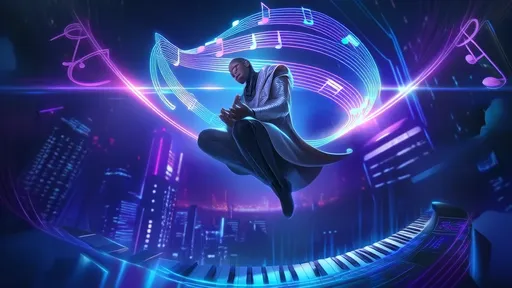
By /Aug 7, 2025
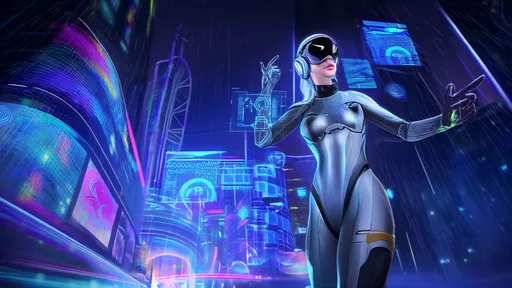
By /Aug 7, 2025
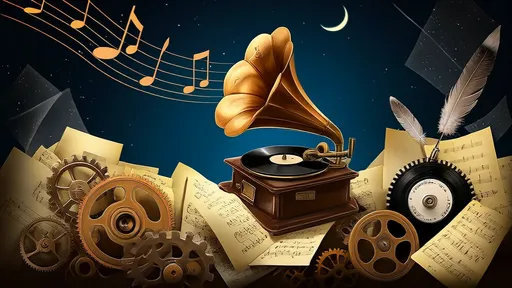
By /Aug 7, 2025
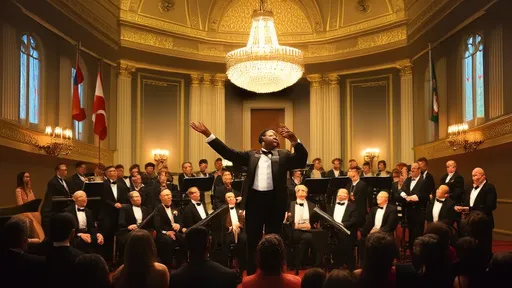
By /Aug 7, 2025

By /Aug 7, 2025
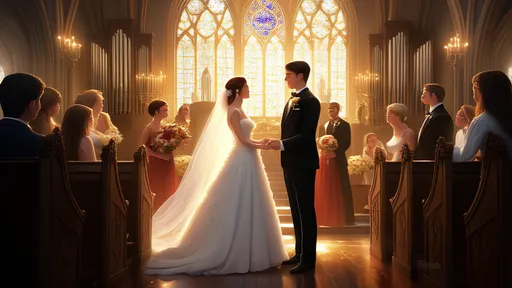
By /Aug 7, 2025
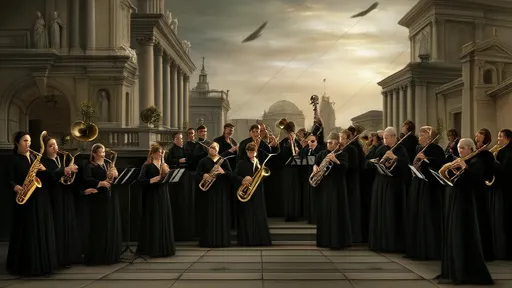
By /Aug 7, 2025
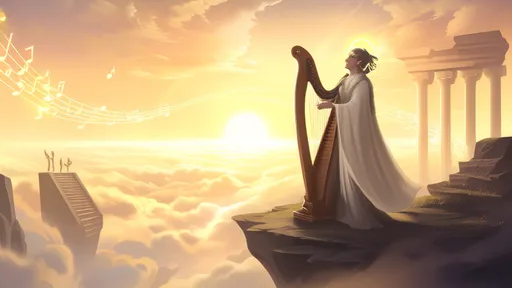
By /Aug 7, 2025
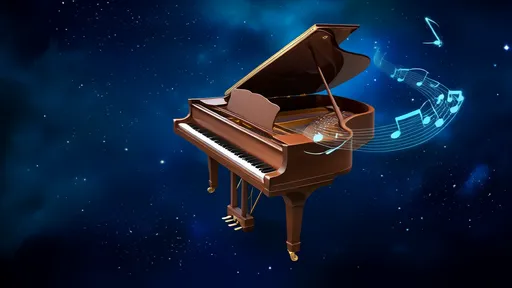
By /Aug 7, 2025
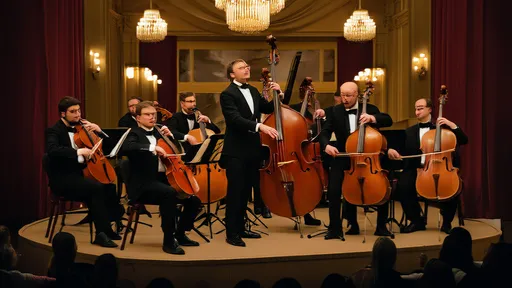
By /Aug 7, 2025
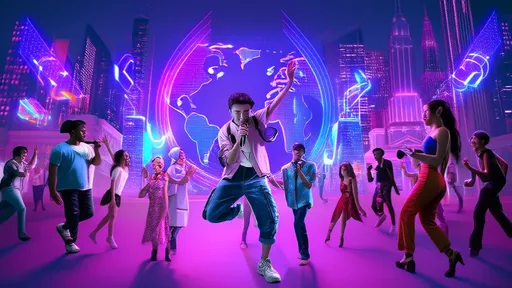
By /Aug 7, 2025
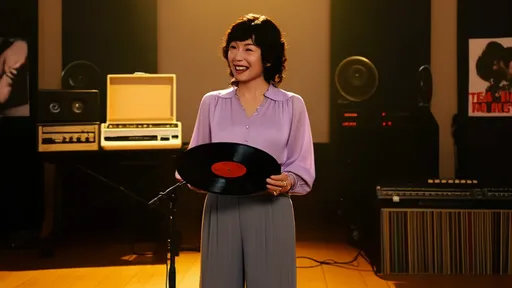
By /Aug 7, 2025
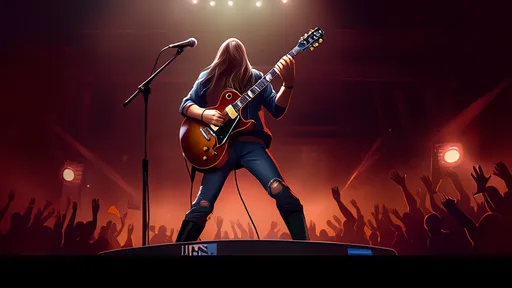
By /Aug 7, 2025

By /Aug 7, 2025
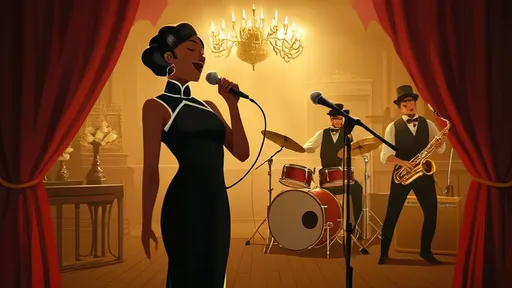
By /Aug 7, 2025
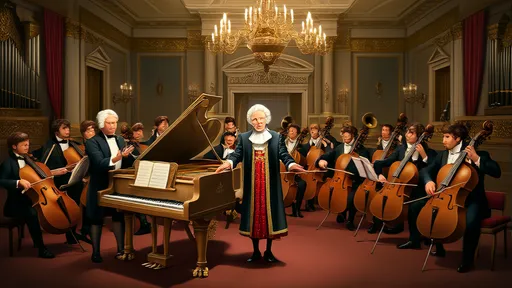
By /Aug 7, 2025
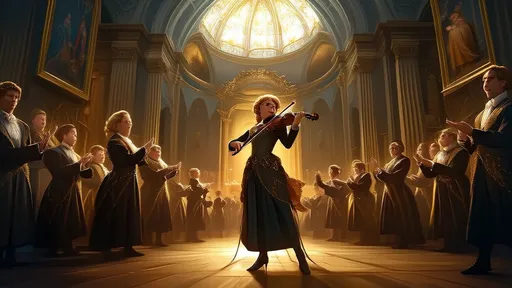
By /Aug 7, 2025
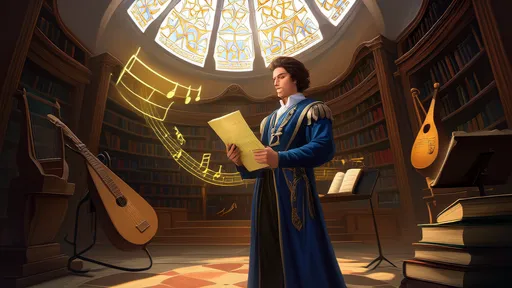
By /Aug 7, 2025

By /Aug 7, 2025
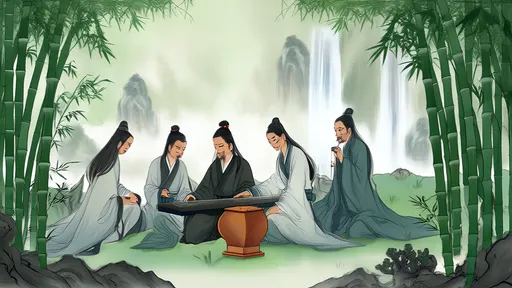
By /Aug 7, 2025